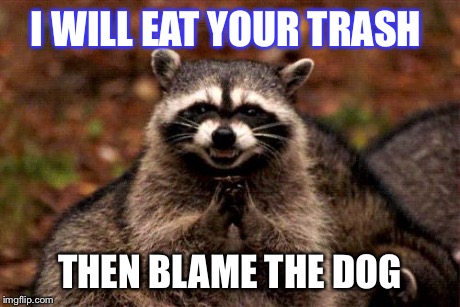
In this article, we’ll discuss ways to discourage raccoons from coming onto your property.
Raccoons can create big problems on your property. Many homeowners have had to clean up trash that raccoons have spread across their yard. Others have had to call in specialists to clean up raccoon feces in the attic, which can endanger your family because of the diseases raccoons can carry. They will empty your bird feeders and eat your garden vegetables. Raccoons will move into your attic and make themselves at home.
Related: Suburban Raccoon Populations Are Growing and Getting Smarter
With all the raccoons making themselves at home in suburban and urban areas, it becomes very likely that you may have to deal with one of these issues.
It can be much easier to try to keep raccoons off of your property and out of your home then to try and clean and repair your attic from a raccoon infestation.
Below are some ways to discourage raccoons from looking at your property and home as an inviting place to visit.
Remove food sources
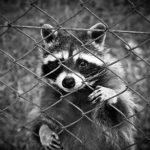 The main reason that a raccoon will visit your home is in a search for food. If your property becomes identified as an easy source of food, raccoons will return again and again to get food.
The main reason that a raccoon will visit your home is in a search for food. If your property becomes identified as an easy source of food, raccoons will return again and again to get food.
Trash cans are a popular destination for raccoons. You need to make sure that your garbage cans are secure from becoming a picnic for raccoons. Make sure the lids are secure. If a can or lid becomes broken, replace the can.
Keeping them out of cans isn’t always easy though because raccoons have a combination of prying hands, intelligence and the ability to learn.
You need to make sure your bird feeders are secure from raccoons, possibly even bringing them inside at night if it’s the only way to keep them away.
Don’t leave pet food outside overnight.
Clean up fruit that has fallen off of your fruit trees.
Add lighting
Raccoons are generally nocturnal animals and are most active during darkness. Lighting on your property may discourage them from coming onto your property. Motion activated lights on your property can startle raccoons and keep away from your property.
Repellents
People have been using DIY home raccoon repellents for decades. Their effectiveness will vary though. Some people swear by certain methods and other people will say the same ones have not worked for them. It can depend on the particular animal that is coming onto your property. Raccoon repellents people use include cayenne pepper, ammonia, mothballs, human or animal hair and predator urine. These repellants do occasionally work so you may wish to try them.
Seal your roof and home
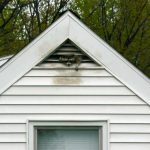 Make sure you’re not making raccoons lives easier for them by leaving places where they can enter your home. Check your roof and attic for any openings that may give a raccoon (or other animals) the space they need to get inside. Have a cap on your chimney to make sure they can’t get in through there.
Make sure you’re not making raccoons lives easier for them by leaving places where they can enter your home. Check your roof and attic for any openings that may give a raccoon (or other animals) the space they need to get inside. Have a cap on your chimney to make sure they can’t get in through there.
Related: Common animal entry points
In summary
If a raccoon is able to get into your attic and make himself at home it becomes a much more serious issue. It can be a real challenge to remove them humanely. It also requires a nuisance animal removal license in the state of Illinois.
You will also need to clean up raccoon poop from your attic, which can carry diseases that can become airborne, requiring safety procedures to protect yourself.
Your best solution is to discourage those pesky raccoons from hanging out on your property in the first place.
Do you need help getting raccoons or other animals out of your attic?
If you are anywhere in the greater Chicagoland area, we can help!
Phone (847) 464-1861




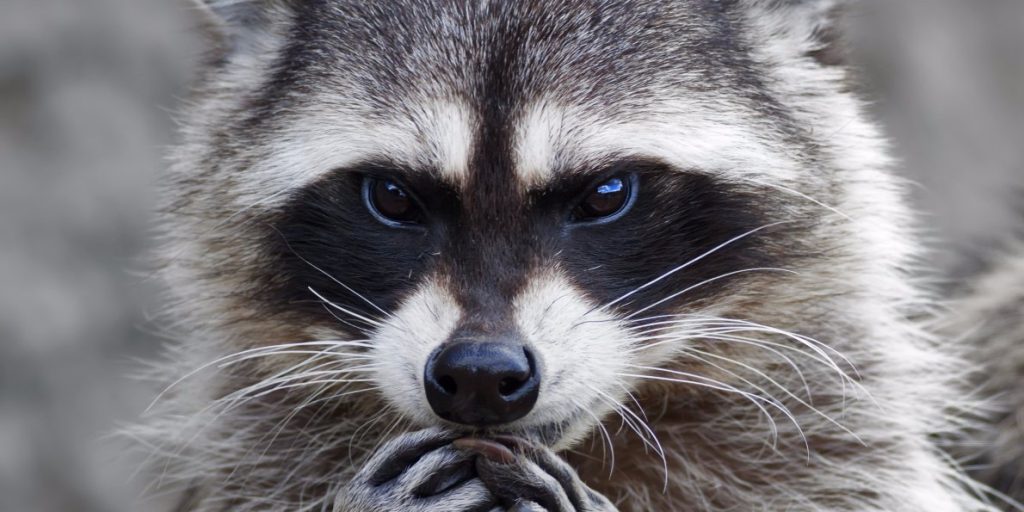
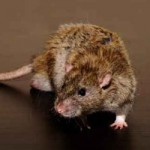 These small mammals may all be removed with no permit needed.
These small mammals may all be removed with no permit needed.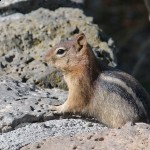 The eastern chipmunk and the thirteen-lined ground squirrels may be removed without a permit.
The eastern chipmunk and the thirteen-lined ground squirrels may be removed without a permit.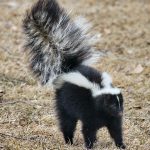
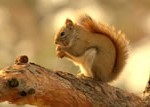 The Illinois Department of Natural Resources (IDNR) recommends hiring a professional wildlife removal service to capture and remove squirrels. If you want to remove a squirrel yourself, contact an IDNR District Wildlife Biologist to see if you qualify for a Nuisance Animal Removal Permit.
The Illinois Department of Natural Resources (IDNR) recommends hiring a professional wildlife removal service to capture and remove squirrels. If you want to remove a squirrel yourself, contact an IDNR District Wildlife Biologist to see if you qualify for a Nuisance Animal Removal Permit.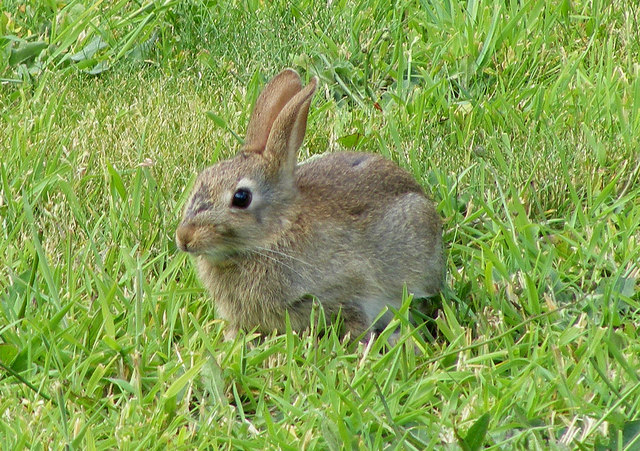 The Illinois Department of Natural Resources (IDNR) recommends hiring a professional wildlife removal service to capture and remove rabbits. If you want to remove a rabbit yourself, contact an IDNR District Wildlife Biologist to see if you qualify for a Nuisance Animal Removal Permit.
The Illinois Department of Natural Resources (IDNR) recommends hiring a professional wildlife removal service to capture and remove rabbits. If you want to remove a rabbit yourself, contact an IDNR District Wildlife Biologist to see if you qualify for a Nuisance Animal Removal Permit.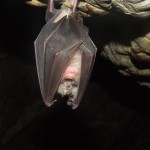 The (IDNR) recommends hiring a professional
The (IDNR) recommends hiring a professional 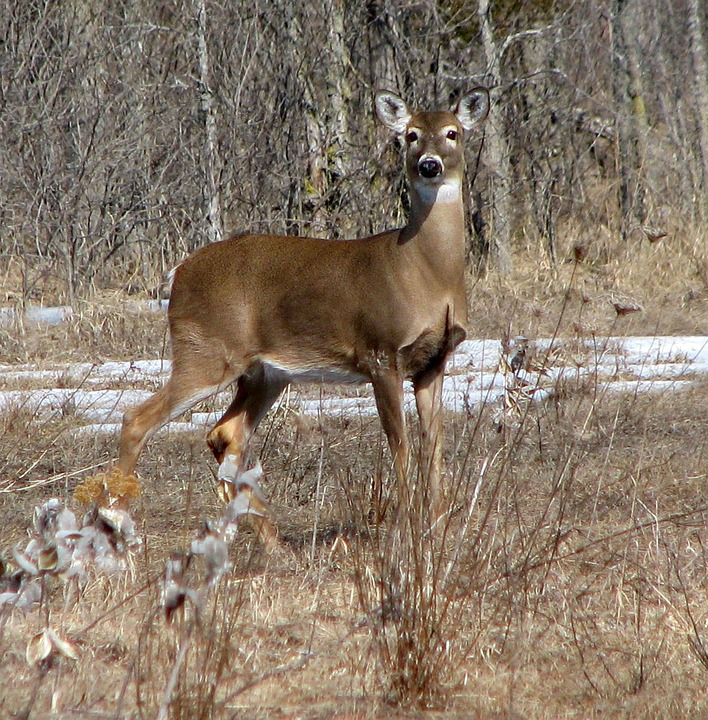 White-tailed deer are protected under the Illinois Wildlife Code as a game species. It is illegal to take live deer from the wild unless you have received a
White-tailed deer are protected under the Illinois Wildlife Code as a game species. It is illegal to take live deer from the wild unless you have received a 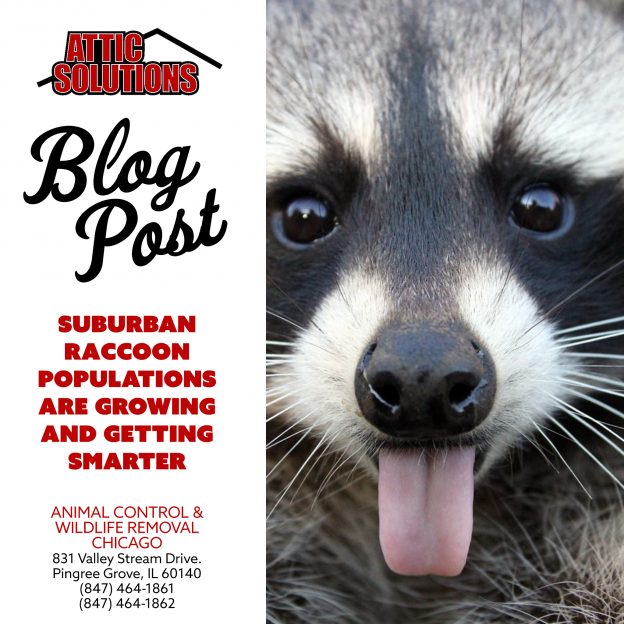
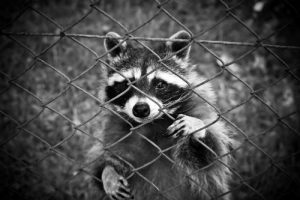 Their numbers in the suburbs have been growing for decades and they continue to expand in dense urban areas as well.
Their numbers in the suburbs have been growing for decades and they continue to expand in dense urban areas as well.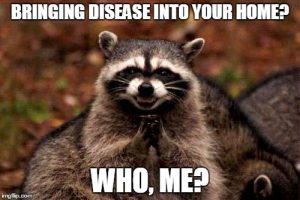 To summarize, they’re not picky eaters, not picky sleepers, aren’t very afraid of humans, and most of all, they have nimble hands and the ability to learn from their environment.
To summarize, they’re not picky eaters, not picky sleepers, aren’t very afraid of humans, and most of all, they have nimble hands and the ability to learn from their environment.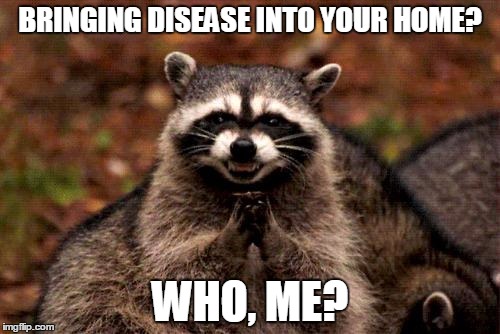
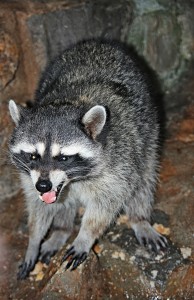
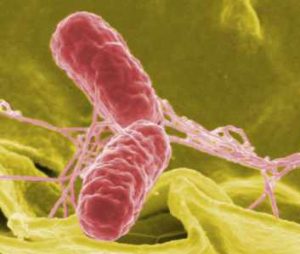
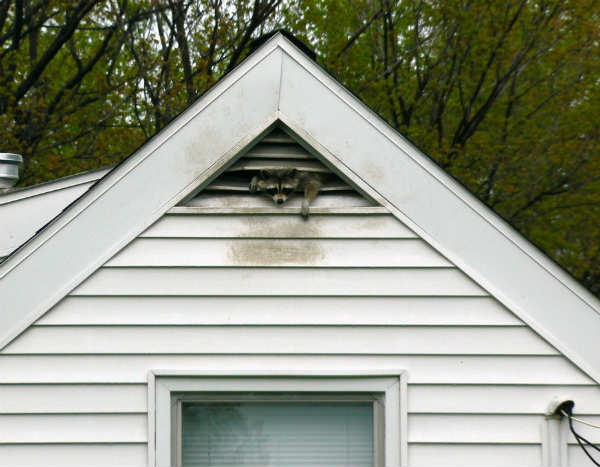
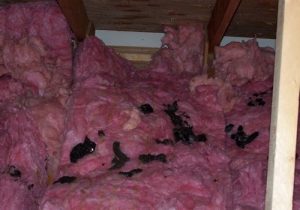 ate and urinate in the same place. The place where a raccoon continues to return to will begin to form noticeable piles. These areas are commonly referred to as raccoon latrines.
ate and urinate in the same place. The place where a raccoon continues to return to will begin to form noticeable piles. These areas are commonly referred to as raccoon latrines.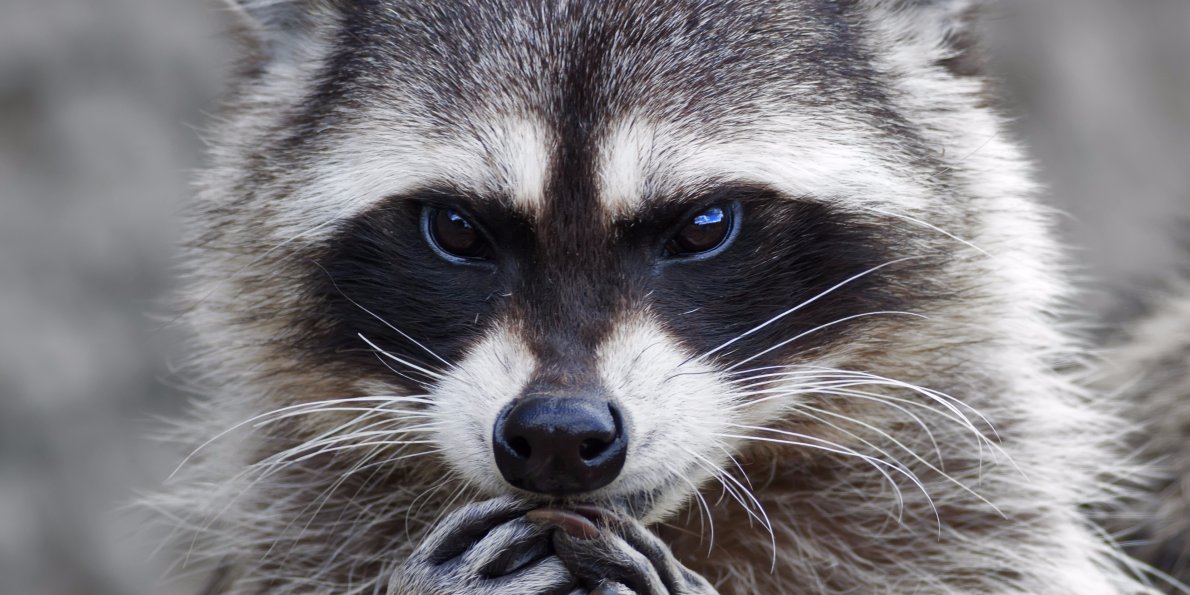 Charging rent is not the answer.
Charging rent is not the answer.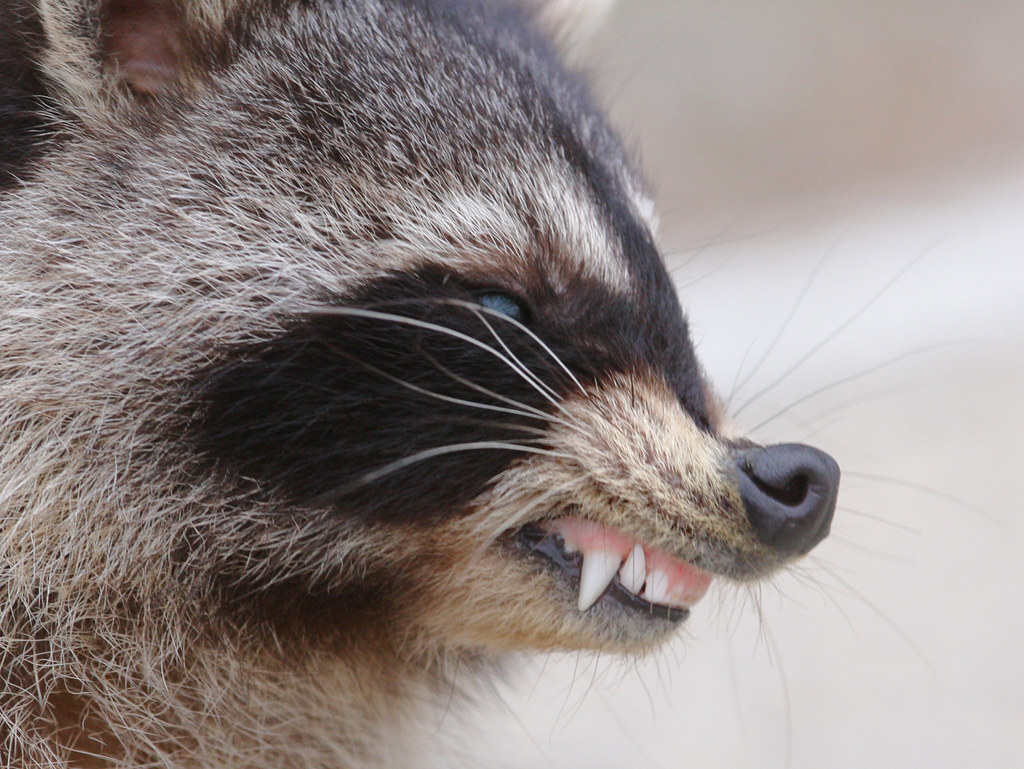
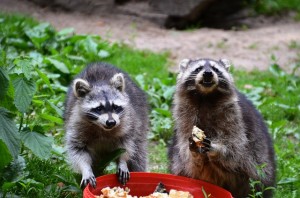
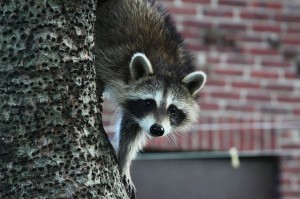
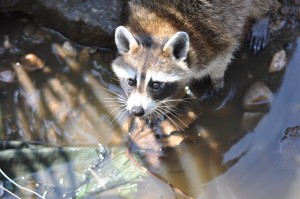 Perhaps one of the most unusual habits raccoons have is dunking their food in water before eating it. The raccoon’s scientific name is procyon lotor, which actually means “washing bear.” This makes sense considering their odd food-washing habit and bear-like markings. Raccoons are nocturnal animals, meaning they are active at night. Most raccoons spend the day in their dens and as soon as dusk approaches, they head out in search of food. Some places raccoons like to search include farms (crops are a big hit with them), ponds, lakes, and of course your garbage can. As sunrise approaches, raccoons typically call it a night and head back to their den to sleep.
Perhaps one of the most unusual habits raccoons have is dunking their food in water before eating it. The raccoon’s scientific name is procyon lotor, which actually means “washing bear.” This makes sense considering their odd food-washing habit and bear-like markings. Raccoons are nocturnal animals, meaning they are active at night. Most raccoons spend the day in their dens and as soon as dusk approaches, they head out in search of food. Some places raccoons like to search include farms (crops are a big hit with them), ponds, lakes, and of course your garbage can. As sunrise approaches, raccoons typically call it a night and head back to their den to sleep.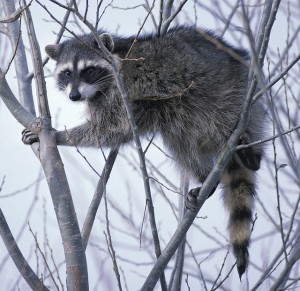 Raccoons do not hibernate in winter. This myth may have started because during very cold days raccoons take refuge in their warm dens. Depending on the climate and weather, raccoons may spend weeks in their dens, living off of their fat stores, until the climate becomes somewhat more mild. When raccoons are sleeping off the cold temperatures, those fat stores keep them alive since they do not eat. This is why raccoons seem to be particularly troublesome in the spring; they’re starving and they want YOUR garbage!
Raccoons do not hibernate in winter. This myth may have started because during very cold days raccoons take refuge in their warm dens. Depending on the climate and weather, raccoons may spend weeks in their dens, living off of their fat stores, until the climate becomes somewhat more mild. When raccoons are sleeping off the cold temperatures, those fat stores keep them alive since they do not eat. This is why raccoons seem to be particularly troublesome in the spring; they’re starving and they want YOUR garbage!